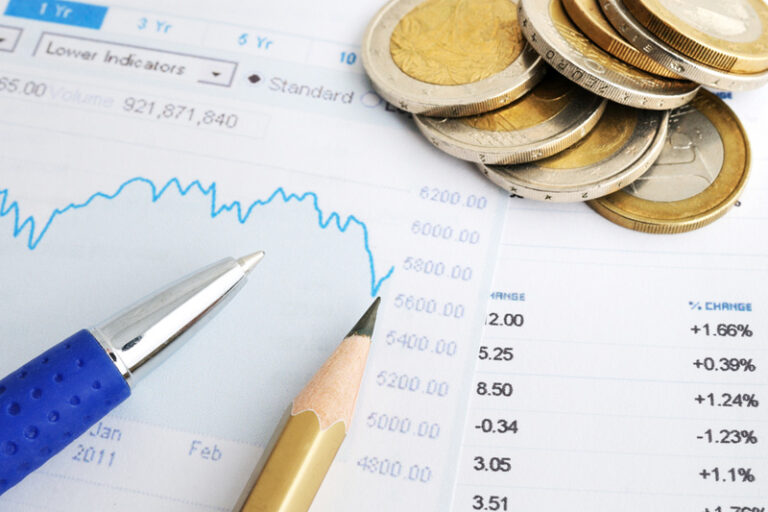
SAO PAULO (Reuters) – Brazil’s Vice President Geraldo Alckmin on Sunday unveiled government measures aimed at providing companies with tax benefits so they can buy new machinery and invest in transportation.
The measures are part of President Luiz Inacio Lula da Silva’s plan to “re-industrialize” Latin America’s largest economy, where industrial output still lags behind pre-pandemic levels and is more than 18% below its 2011 high.
The Lula administration has pledged to boost industrialization by incentivizing “green” projects including flex-fuel and electric vehicles, renewable power and biofuels.
Alckmin told a press conference that the first measure was an executive order establishing the “Mover” program, which lowers income taxes levied on transportation companies for them to invest in new technologies, research and development.
The program is set to provide benefits totaling 3.5 billion reais ($721.34 million) next year but will gradually increase until reaching 4.1 billion in 2028, said Alckmin, who is also Lula’s minister of Development and Industry.
“This will attract investments to Brazil,” he said. “Our problem is low investment and low productivity. We need to act to increase both.”
An executive order means the program takes effect immediately but is required to receive Congress approval within four months.
Lula’s second measure, Alckmin said, was a bill sent to Congress suggesting 3.4 billion reais in income tax benefits for companies to renew their machinery, which he dubbed the “accelerated depreciation project”.
“We will stimulate the renewal of Brazil’s industry. Equipment depreciation normally happens within 20 years, we’re aiming to speed it up so it can happen in two years,” the vice president said.
He added the program would have a “second phase” in the future but did not provide further details.
Revenue losses linked to the tax benefits would be offset by import taxes, Alckmin said, including those levied on electric vehicles brought from abroad.
($1 = 4.8521 reais)


